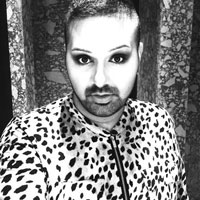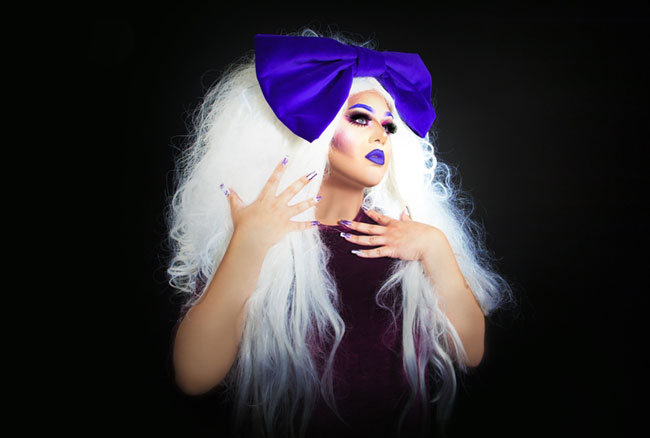A gay creative director at Leo Burnett Hong Kong has reacted to Taiwan’s legalisation of same-sex marriage, in this wide-ranging Q&A interview published last week in Campaign China, and repeated yesterday in Campaign Asia.
“We decided to share more of the rather expansive conversation because of Gianni Gurnani’s unique perspective on sexual identity, creativity and advertising,” said the editorial accompanying the interview.
From the perspective of a gay, male creative director, how do you view Taiwan’s constitutional court ruling?
As a part of both the creative and LGBT communities, I see marriage equality in Taiwan as a brief. A brief to all of us in the creative industry in Asia and the world. The only brief that really matters – keep making humanity better.
What’s happened in Taiwan is beautiful, but it’s just the beginning. Our greatest and truest responsibility is to open more people’s hearts, fight for more good in the world, and make humankind both more human and more kind.
You hold three identities: a professional adman, a gay male, and sometimes a drag queen. What makes up your creative and aesthetic tastes?
Our creative tastes come from our gut, and our gut is influenced by the cultural diet we consume.
As a gay male, as a gender non-conformist, as a drag queen, the cultural diet I consume is totally different from that of the average, straight, male creative.
It certainly affects my creative expression, but not in the way most people might expect. Sure, there’s an element of ‘gay aesthetic’ that is reflected in my work, but that is bigger than just me and here and now.
It’s been a powerful and multi-faceted set of tastes and styles that has affected mainstream culture very visibly for the past two decades and invisibly for ages before that.

Does being a stage performer affect your advertising craft?
On a deeper level, my identity and resulting cultural consumption allow me to approach stories, problems, ideas, everything from a different starting point. For example, being a misfit and outsider makes me empathetic to rebels and fighters and survivors. Being a stage performer helps me understand athletes, artists, and even moms just trying to look like they have it all together.
Being a person with multiple identities makes me think about the whole concept of identity and where we as people search for pride, love, meaning, bliss, and purpose.
Are there any discernible differences in what these identities consider as creative, given that you sometimes judge creative work for award shows? Does one persona have an influence on the others?
There’s no difference, honestly, between my taste a professional in advertising and just as a person. The art I create as a drag queen is just as deep and dramatic as what I create for brands. It’s all human expression and emotion. It’s all beauty and hope and wonder. It’s all magic. It’s all transformation.
And if it’s not, you’re doing it wrong. Gianni Gurnani the creative and Gigi Giubilee the drag queen agree on a lot when it comes to judging work. Both of us (both of me?) look for truth. Beautiful, fabulous, and shockingly familiar, but told in a shockingly unfamiliar way.
Another way to say the same thing is that I love creative work with a universal quality to it. I may be wearing a colourful wig and 37 different cosmetic products on my face, but the best creative will resonate with me too.
Broadly, what kind of creative taste does a typical LGBT consumer have, and what do you recommend marketers do?
I think the ‘LGBT consumer’ as a target demographic is an oversimplification. We are some of the most colourful and unique people in the whole world! Any brand that hopes to reach us has to forget about what makes us different and focus on what makes all of us (meaning all of humanity) the same. Source: Campaign China
Share this Post



